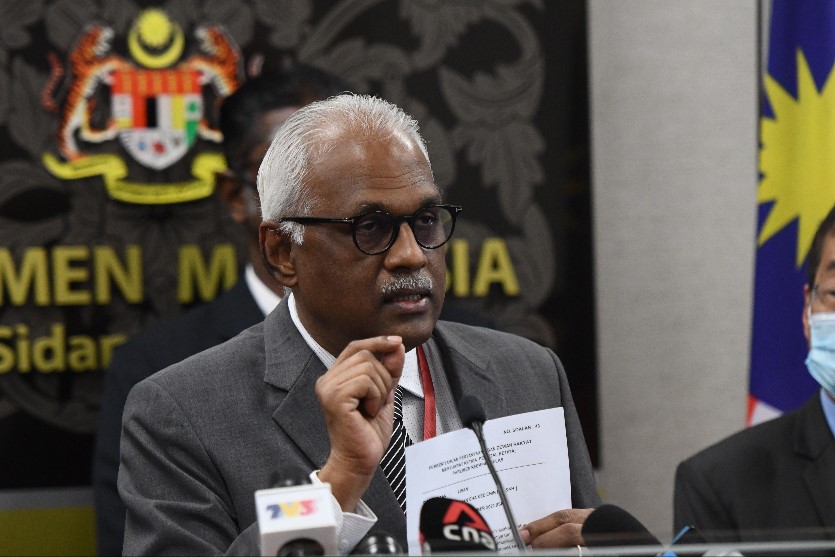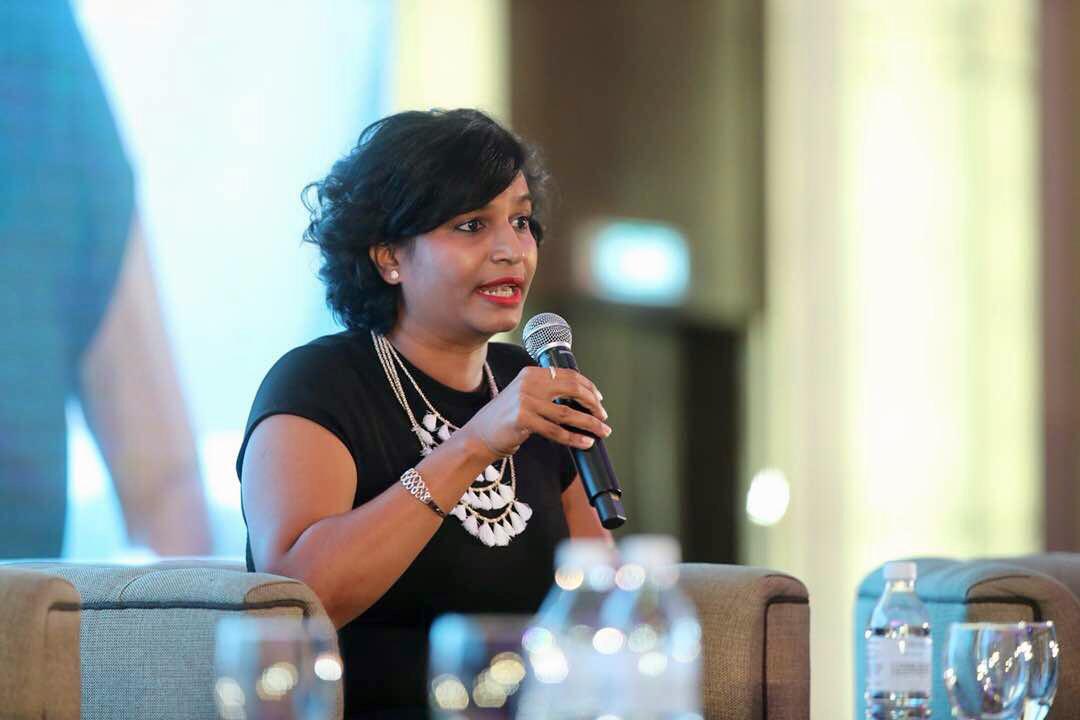KUALA LUMPUR, Nov 5 — Non-communicable diseases (NCDs) should get a fair portion of the big raise in the Health Ministry’s public health allocation under Budget 2022, an expert said.
University of Malaya clinical epidemiologist Assoc Prof Dr Nirmala Bhoo Pathy pointed out that many governments, including in Malaysia, have detrimentally altered the delivery of health care to patients suffering from chronic diseases amid the Covid-19 pandemic.
“It is heartening to note that the budget for public health services has been increased. However, this budget must be judiciously used so that it is not overly Covid-centric, but also be spent wisely for control of NCDs such as cancer,” Dr Nirmala told CodeBlue when contacted recently.
The Ministry of Health’s (MOH) public health allocation increased significantly by RM224.5 million from some RM5 billion this year to RM5.2 billion for 2022. The ministry retained its practice from 2021 in not allocating specific treatment budgets for most medical services for next year by consolidating allocations instead under Specific Programmes.
Dr Nirmala said massive backlog issues should also be addressed by building on public-private partnerships and responses to Covid-19. The health ministry previously said there were 59,049 backlog surgical and medical-based procedures due to the pandemic, as of September 30.
“The traditional model of delivering subsidised health care only through the public sector may not be optimal. We have not harnessed the full potentials of public-private partnerships in Malaysia when it comes to health care delivery.
“Specifically, partnerships and collaborations with civil societies and private sectors must be explored and experimented. The aim is to achieve a win-win situation for all partners, and we have successful examples from other countries including from around the region,” Dr Nirmala said.
Commenting on the absence of a designated cancer fund in Budget 2022, Dr Nirmala said there is a need to recalibrate the community’s age-long request for cancer funding.
“While I am an ardent cancer advocate, I am a public health physician too. Therefore, I feel that amid the ongoing pandemic, we may need to recalibrate our asks to the government when it comes to cancer funding.
“There is an urgent need to empower families affected by cancer so that they can be actively involved in returning to ‘financial normality’. This requires a whole-of-government approach and goes beyond spending on cancer drugs, and for that matter, beyond the purview of the MOH.
“What this entails include improving the delivery of supportive and palliative care for people with cancer, and providing practical assistance to affected families in terms of child care, and also return to work, and financial navigation for cancer patients and their caregivers. All of these will allow entire families to ‘recover’ and go on to contribute to the wellbeing of our nation,” she said.

Meanwhile, Klang MP Charles Santiago described the lack of attention given to NCDs, such as cancer, as a “letdown”, especially since the Covid-19 pandemic showed a “clear vacuum” in the health care system.
“I think it (MOH allocation in Budget 2022) doesn’t do very much. It’s actually just putting a band-aid to cover a major problem. There is no attempt to upgrade [the health care system], so if there is a crisis next year, we are in trouble, clearly, we are in trouble,” he said.
He said multiple changes in leadership at MOH in recent years, and the focus on Covid-19, has caused other health issues, such as rising cancer cases, to be overlooked. “I think this is something that the government hasn’t captured, and this is a big problem that is looming.”
Cancer diagnoses in Malaysia fell sharply after screenings and treatments were deferred during the Covid-19 pandemic, with advocates expecting more advanced cancer cases and deaths.
Many people had their scans postponed as public hospitals converted their services to screen and treat Covid-19 patients, while private hospitals had standard procedures in place that limited the number of patients visits per day. This meant long delays for patients suspected of cancer or needing confirmatory tests.
Cancer rates are projected to increase globally each year, with a report by the World Health Organization (WHO) estimating overall cancer cases to rise by 60 per cent in 2040.
In 2020, Malaysia reported 48,639 new cancer cases, according to the Global Cancer Observatory, which is equivalent to about 42 per cent of 115,238 cases diagnosed between 2012 and 2016. This is expected to rise to more than 66,000 new cancer cases annually by 2030.
With cancer becoming a more serious problem in the country, Charles said a more updated national cancer registry is needed to track cases more effectively.
“I’ve always suggested that we need to look at the AIDS system [for cancer] where as soon as someone is diagnosed with AIDS, it’s put immediately into the system so that we know exactly, so and so, and the number of people who have AIDS.
“But unfortunately, for cancer, we don’t have that. That’s why I think there is a need to digitalise our health care system, and this is really important because you can save so much money.
“Let’s say a patient is going from Tengku Ampuan Rahimah Hospital in Klang to Selayang Hospital. There should be no reason to carry files and set up a new record at another hospital. What should happen is you should just be able to give your IC number and they can download your entire health history.
“This way you can keep track of the patient in a more systematic and disciplined fashion,” Charles said. “I think the government is throwing darts and seeing where it strikes so it’s basically a bit disappointing, especially when it comes down to NCDs — it is status quo.”








